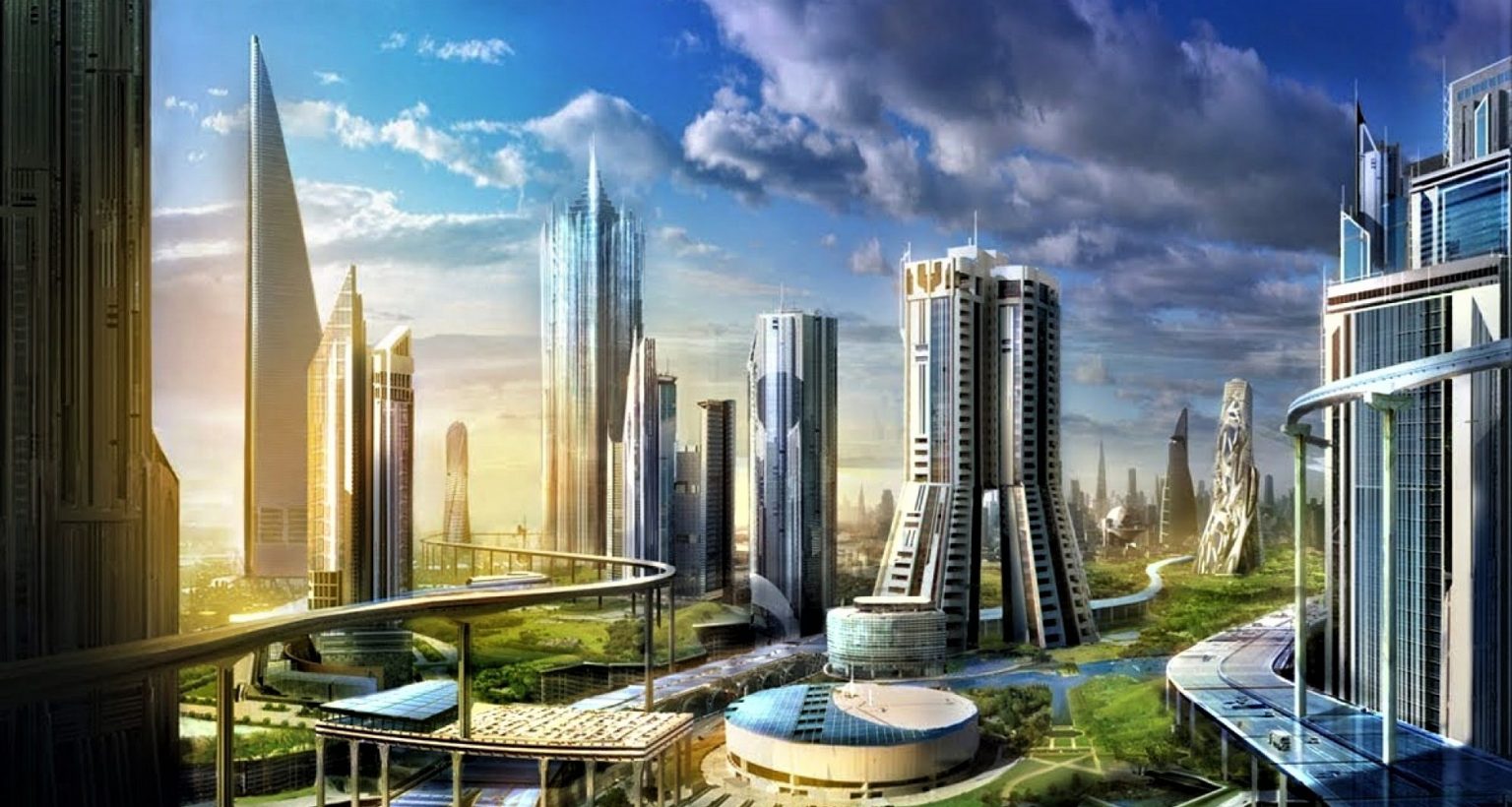Unveiling the Kingdom’s 2025 Budget

The Saudi Arabian Cabinet of Ministers, headed by Crown Prince Mohamed Bin Salman, endorsed the public budget for the year 2025 reflecting the state’s progress in expansionary spending, economic reforms, and attracting investments to the national economy as per Vision 2030. It is interesting to note that many of the goals of Vision 2030 have been met much earlier than the assigned time.
According to the Ministry of Finance statement, the 2025 revenue is estimated at SAR 1.184 trillion, while spending is estimated to stand at SAR 1.285 trillion, with a deficit of SAR 101 billion. The Statement also estimated the increase of Gross Domestic Product (GDP) at 4.6%, which is a more conservative figure than the one published by the International Monetary Fund, which stood at 4.7%.
The budget reflects the efforts made by the government and its success in the past years in achieving the primary goal of the financial reforms. The second phase of financial reform focuses on setting sustainable financial rules and indicators.
The statement indicated achieving growth rates in the GDP supported by the growth of non-oil activities such as tourism, entertainment, transportation, logistics, and industry. Moreover, it reflects the improvement of citizens’ quality of life, empowering the private sector, and reducing the unemployment rate to its lowest levels in history.
When it comes to the year 2024, actual revenue stood at SAR 1.230 trillion, while forecasted revenue was SAR 1.172 trillion, with a 12.6% increase. On the other hand, actual spending stood at SAR 1.345 trillion, while the forecasted spending was SAR 1.275 trillion, with a 5.5% increase. These numbers reflect the Kingdom’s focus on expanding its services to citizens and implementing strategic projects while focusing on sustainable development.
The budget data for 2024 revealed that the education, health, and social services sectors received SAR 461 billion, which represents 34.3% of the budget. The health and social services sector received 19.3% of the 2024 budget, reflecting the importance the Kingdom places on this sector. The education sector received 15% of the total budget spending, reflecting how several universities achieved global classification statuses regarding their research and development activities.
As for income from taxes, the Kingdom received SAR 290 billion from commodities and services, SAR 31 billion from income and capital gains, SAR 23 billion from commerce and international transactions, and SAR 36 billion from other taxes.
The Ministry of Finance statement revealed that the expected GDP increase for the year 2024 would be 0.8%, while it is expected to reach a 4.6% increase in the year 2025. These figures are supported by the boom in the non-oil sector, estimated to reach an increase of 3.7%.
It is worth mentioning that the Kingdom’s Vision 2030 aims for GDP to reach SAR 6.5 trillion. Moreover, it aims for the non-oil sector to reach 76% of GDP, with a value of SAR 4.9 trillion, and for oil revenue to reach 24% with a value of SAR 1.5 trillion.
To achieve this vision, many mega projects are underway. The following four projects are among the biggest: Neom, the Red Sea, Roshn, and Diriyah. The vision also aims for tourists to reach 150 million visitors by 2030. It also aims to increase the percentage contribution of renewable energy resources to 50%.
Vision 2030 also aims for the mining sector to reach SAR 281 billion, for the pharmaceutical industry to reach 85% of national demand, and for the Kingdom to achieve top 10 statues in global logistical services.





Leave a comment